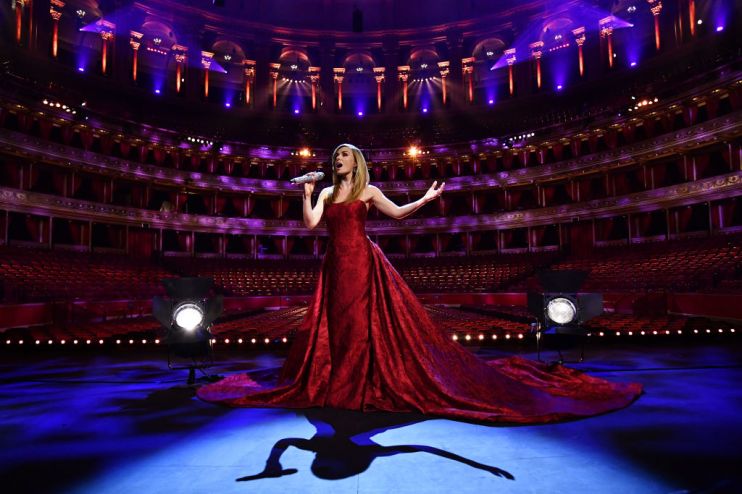Government has been ‘too slow’ to help the arts during pandemic, say MPs

The government has been “too slow” to respond to the “existential threat” faced by theatre, live music and other cultural outlets during the coronavirus pandemic, a committee of MPs has said.
A wide-ranging report released today by the Department for Digital, Culture, Media and Sport (DCMS) Committee found that MPs have “consistently failed to recognise the scale of the challenge that Covid-19 presents to culture, sport and tourism”.
The report added that the loss of performing arts institutions and cultural workers imperils the government’s ambition of “levelling up” parts of rural Britain, and reverses decades of progress in cultural provision, diversity and inclusion.
DCMS Committee Chair Julian Knight said: “We are witnessing the biggest threat to our cultural landscape in a generation.”
“The failure of the government to act quickly has jeopardised the future of institutions that are part of our national life and the livelihoods of those who work for them.
The arts sector was handed a £1.57bn emergency support package by chancellor Rishi Sunak earlier this month, after months of lobbying from industry leaders over concerns the pandemic would decimate cultural institutions.
Culture secretary Oliver Dowden said the package broadly aimed to preserve “crown jewel” venues like the Royal Albert Hall and national galleries, while also helping local institutions across the UK.
However, Knight slammed the government’s support for the arts sector during the pandemic, adding that DCMS has been treated as a “Cinderella” by central government.
“We can see the damaging effect that has had on the robustness and ability of these areas to recover from the Covid crisis. The £1.57 bn support is welcome but for many help has come too late.”
“We urge the government to act on our recommendations, to recognise the value these sectors provide and imagine how much bleaker the outThe come for all without their survival,” Knight added.
The DCMS report found it “regrettable that it took so long” for the government’s £1.57bn emergency package to be announced, pointing fingers at the delay for closures and redundancies across the arts sector that it said might otherwise have been avoided.
“As a result, the cultural industries are likely to face mass redundancies with a lasting impact on access to the arts, careers in the creative sectors and the UK’s position as a world leader in arts and culture,” DMCS added.
The report noted that 70 per cent of theatres and production companies risked going bust by the end of the year, with more than £300m lost in box office revenue in the first 12 weeks of lockdown.
Grassroots music venues were also hit with estimates that 93 per cent faced permanent closure, after struggling to meet commercial rent demands, while 90 per cent of all festivals are set to be cancelled this year.
The report urged the government to produce a “sector-specific recovery deal”, “clear, if conditional, timelines for reopening”, and “long-term structural support”.
It also called for continued support for workers and freelancers, after the chancellor’s furlough scheme is set to wind down in October.
it added that VAT relief on ticket sales should be extended until 2024 and that Theatre Tax Relief should be halved for the next three years.
British cultural stalwarts such as The Old Vic threatre, Shakespeare’s Globe and Andrew Lloyd Webber’s Really Useful Group were among those to submit evidence to the committee’s inquiry.
Prime Minister Boris Johnson last week announced that indoor performances with socially distanced audiences can resume in England from 1 August.
However, many venues have warned that social distancing measures will dent business well beyond reopening dates.
The report said the announcement did not take into account “the lead times for performance, the challenges of social distancing or the concerns about audience behaviours”.
Before the Open: Get the jump on the markets with our early morning newsletter